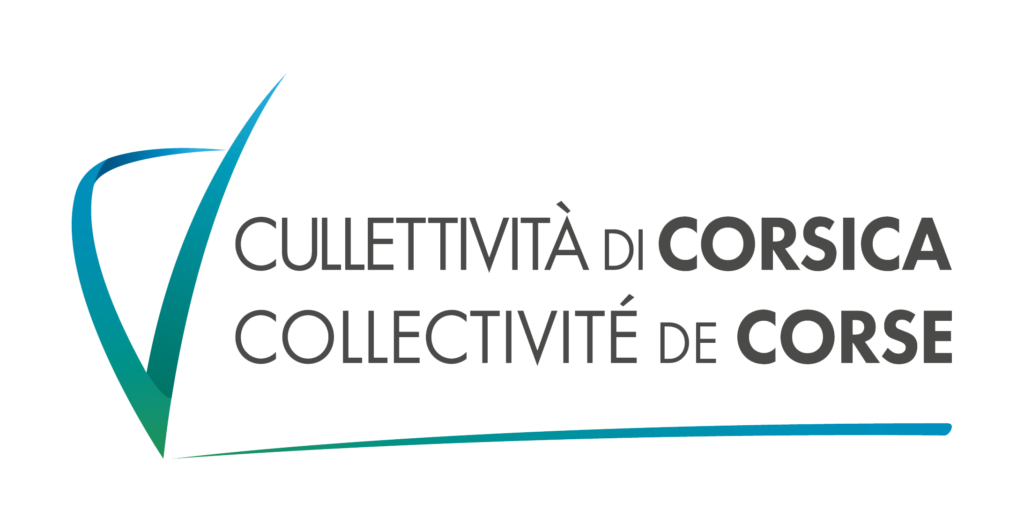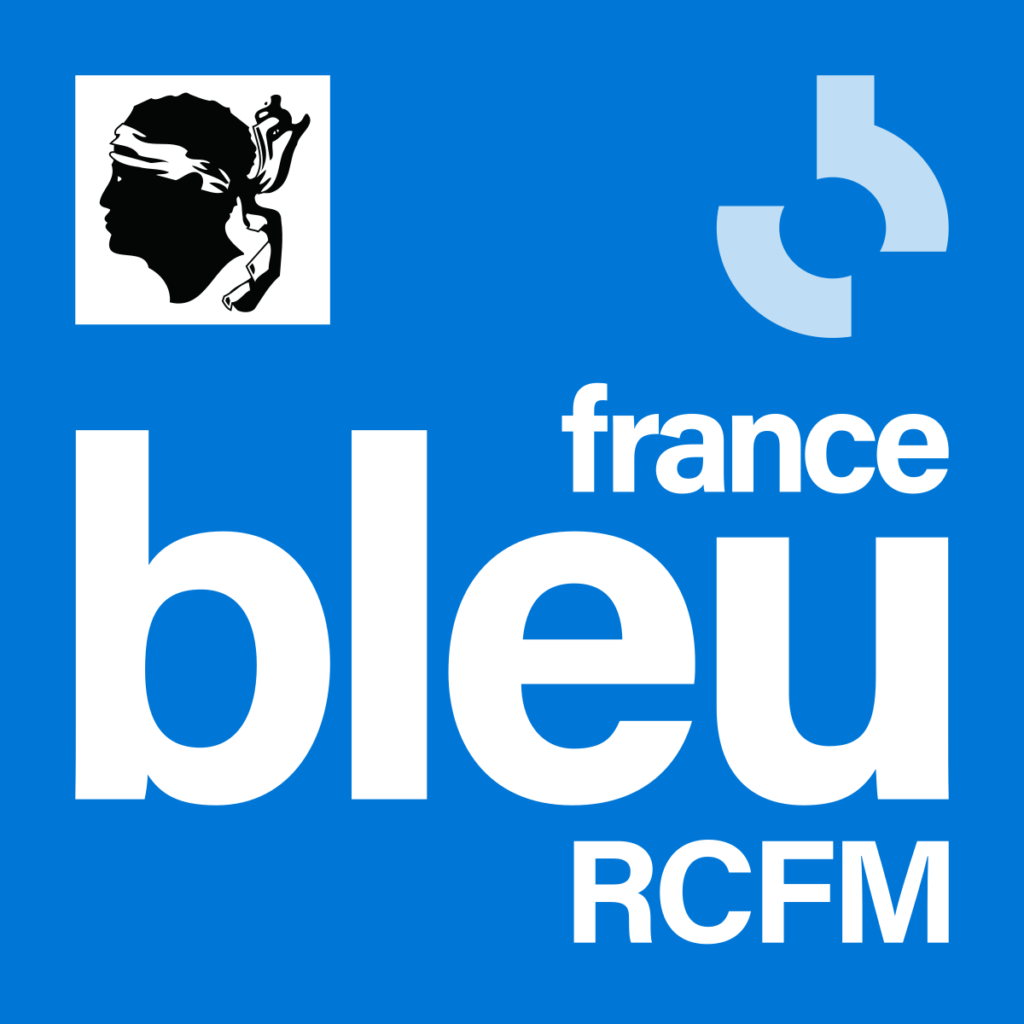The cohesion of Corsican society is based on commonalities, an art of living in towns, villages and territories. The construction of these commons is consubstantial with the In situ or the place: the attachment to the community is above all a visceral link to the land but also to rites and ancestral traditions. From then on, the common can also be seen as restrictive, where permeability with the outside world, the exogenous or elsewhere, is sometimes difficult to establish: the question of migration remains an important social issue in Corsica. The common is also embodied in the sharing of a language in its own right, which also opens up to the entire Romanesque basin.
Thus, the application for the European Capital of Culture label will explore this powerful and singular dimension of the "commons" that make sense in the contemporary world, which is constantly searching for the "social link" and the "living together" that is sometimes difficult to achieve.
Several questions may be asked of the bid: How can the bid integrate people living in Corsica with an immigrant background? How can the bid promote the creation of a multilingual public space? How can the bid make this specificity a strength in its social and civic life by developing its language transmission and learning systems? And beyond that, what place will be given during the candidacy to interventions in the public space or to art outside the walls? How can we create a more inclusive society around these commonalities?
How can we promote the social and political integration of a population with diverse origins, made up of successive moments of immigration?
Sébastien Quenot is a lecturer at the University of Corsica. His experience within the Collectivité de Corse, as head of the linguistic council service and then as director of the cabinet of the President of the Assembly of Corsica, led him to work on public policies in the fields of linguistic normalisation, bi/plurilingual education and cultural policies. He is in charge of the axis "Faire société dans un cadre interculturel" within the UMR LISA 6240.
Thierry de Peretti was born in Ajaccio and is a director, producer and actor. In the theatre, he was awarded the Villa Médicis Hors-les-Murs and the Prix de la révélation du syndicat national de la Critique in 2001 for Le Retour au désert by Bernard-Marie Koltès. He recently directed Les Larmes Amères de Petra Von Kant by R.W. Fassbinder at the Théâtre de l'Œuvre. He has acted in the films Le Silence by Orso Miret, Yves Saint-Laurent by Bertrand Bonello and Ceux qui m'aiment prendront le train by Patrice Chéreau. In the cinema, after two short films, Le Jour de ma mort and Sleepwalkers, he directed Les Apaches - selected at the Directors' Fortnight in Cannes in 2013 -, Une Vie Violente - selected at the Semaine de la Critique in Cannes in 2017 - and Enquête sur un Scandale d'Etat - selected in competition at the San Sebastian Film Festival in 2021
Antonia Buresi has had a career in film and theatre for the past fifteen years. She appeared in Aude-Léa Rapin's first feature film "Les héros ne meurent jamais" and more recently in "Enquête sur un Scandale d'Etat", and also on stage in "Reconstitution: le procès de Bobigny" directed by Emile Rousset, a play retracing the crucial trial in the fight for the advancement of women's rights led by Gisèle Halimi. She also studied Performing Arts at the Sorbonne Nouvelle. Born into a militant family, she is also a feminist activist.










Bastia-Corsica Capitale Européenne de la Culture 2028 / European capital of culture 2028 / Capitale europeana di a cultura 2028
All rights reserved